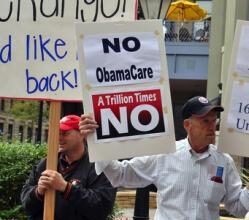Study findings:
Study findings:
- Individuals switching into MA [Medicare Advantage plan] before risk adjustment had risk scores roughly 0.31 points lower than those remaining in FFS [fee-for-service Medicare], risk scores of those switching into MA rise after risk adjustment is introduced, making up about a third of the difference.
- After risk adjustment, individuals switching into MA are over $1,200 “cheaper” than their risk-scores predict them to be.
- Even after risk adjustment, however, the least healthy individuals (i.e., those with risk scores in the top 5 percentiles) are still unprofitable for MA plans.
Jason Shafrin’s explanation:
I pose that the main reason this result occurs is “upcoding” by MA plans. Medicare bases MA beneficiary health status on the diagnosis codes submitted by MA plans. FFS providers typically have less of an incentive to extensively document all of a beneficiary’s health conditions…MA plans, on the other hand, receive more money the more diagnosis codes they document. Thus, when FFS beneficiaries switch to MA plans, their risk scores increase even if their true health status changes little or not at all.
The reason that the most severely ill patients are still unprofitable is that medical spending is highly skewed with a long right tail. Even upcoding will not sufficiently reimburse MA plans for their costs…







